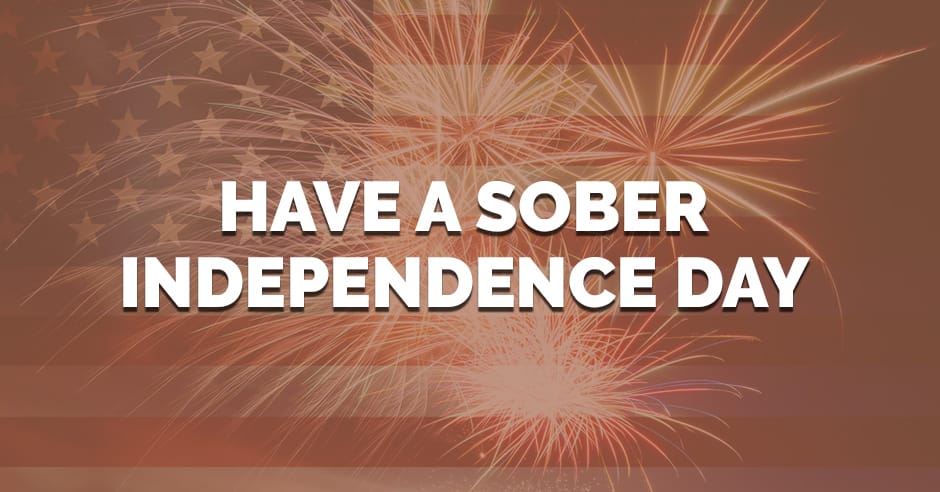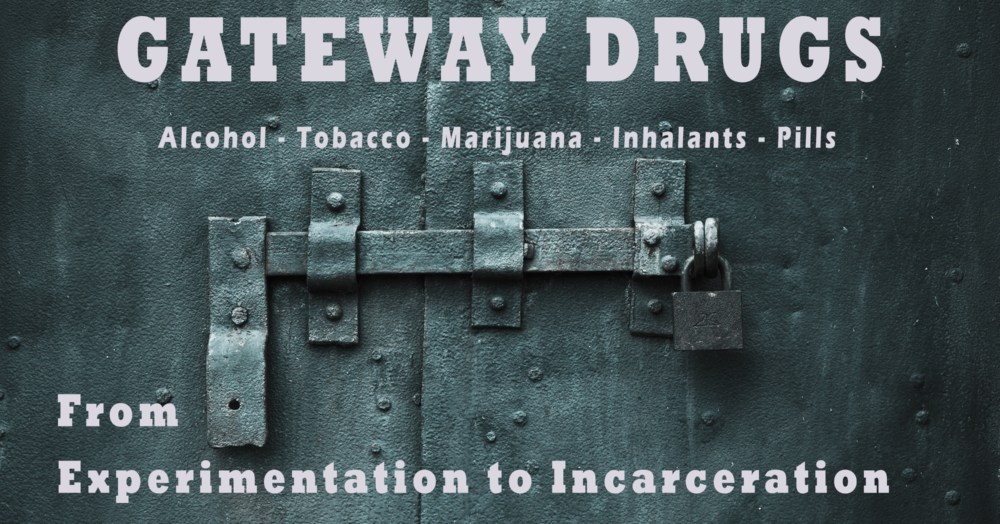
This Independence Day, Texas A&M AgriLife Extension Service’s Watch UR BAC program, the U.S. Department of Transportation’s National Highway Traffic Safety Administration (NHTSA), and the Texas Department of Transportation (TxDOT) want to remind drivers that Buzzed Driving Is Drunk Driving.
No matter how people choose to celebrate Independence Day, do it safely and always have a sober ride. Anyone under the influence of alcohol that chooses to get behind the wheel of a vehicle not only puts everyone on the road in danger but also themselves. Fourth of July festivities often start early in the day and go into the evening or late at night, causing more cars to be on the roads at night. In 2019, 515 people died in motor vehicle traffic
crashes over the July Fourth holiday period. Thirty-eight percent (198) of those fatalities
occurred in alcohol-impaired driving crashes. Many of the drivers arrested for drunk driving on the Fourth of July have likely been drinking alcohol throughout the day at various planned
gatherings.
“We want our community to have a happy and safe Independence Day, one that they’ll remember for years to come, for all the right reasons,” said AgriLife Extension Family and Community Health Agent Mary Shockley, Hunt County. “We’ve partnered with NHTSA and TxDOT to help remind drivers that even one drink before driving is when impairment begins. Under no circumstance is it ever OK to drink and drive. This behavior is illegal, it’s deadly, and it’s selfish. Do everyone in your community a favor: If you’ll be drinking at a Fourth of July party, or for any occasion, plan ahead for a sober ride.”
From 2015 to 2019, there were 1,339 people killed in drunk-driving crashes over the Fourth of July holiday. Of those people who died in alcohol-impaired motor vehicle traffic crashes, almost 4 out of 5 (79 percent) of them occurred in nighttime crashes (between 6:00 p.m. and 5:59 a.m.). Watch UR BAC’s goal is for everyone to enjoy red, white, and blue in their flags, fireworks, and family gatherings — not in their rear-view mirror. The only way to prevent this is to never drink and drive.
Celebrate with a Plan
This Fourth of July, the Watch UR BAC program, NHTSA, and TxDOT urge drivers to designate a sober driver before heading out for the evening. If planning on drinking, plan how to safely travel without driving.
Texas A&M AgriLife Extension Family and Community Health Educator Mary Shockley, Hunt
County, reminds drivers to follow these tips for a safe night on the roads:
● Remember: It is never OK to drink and drive — even if after only one alcoholic
beverage. Designate a sober driver or plan to use public transportation or a ride service to
get home safely.
● Suspect a motorist on the road is driving drunk or intoxicated? Contact local law
enforcement immediately.
● Have a friend who is about to drink and drive? Take their keys away and make
arrangements to get them home safely.
